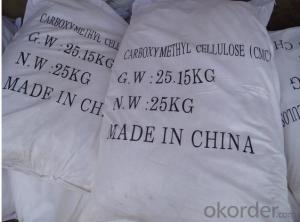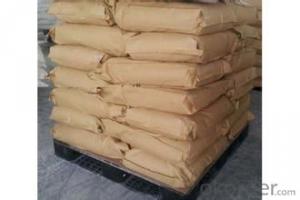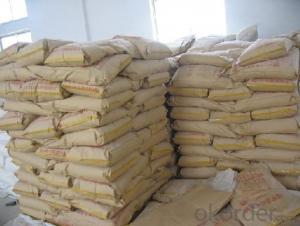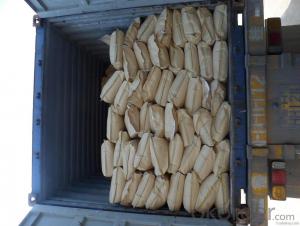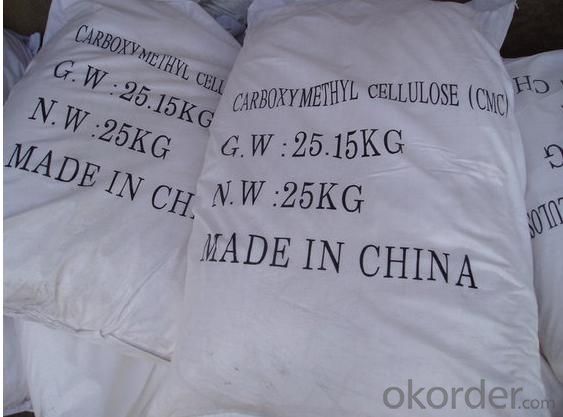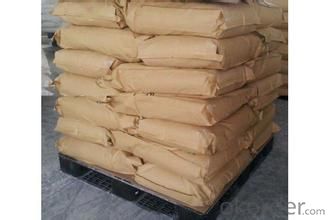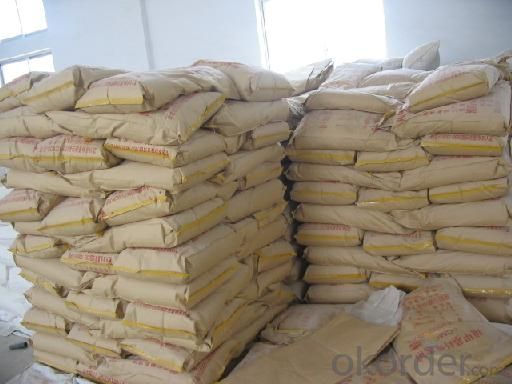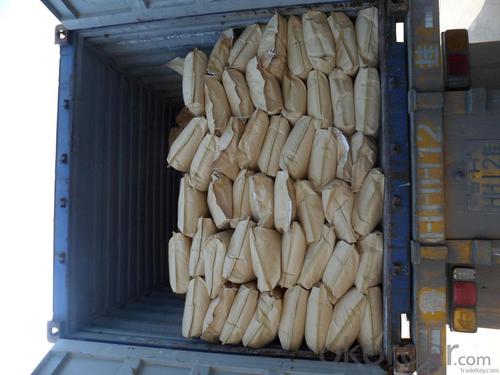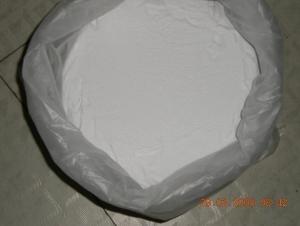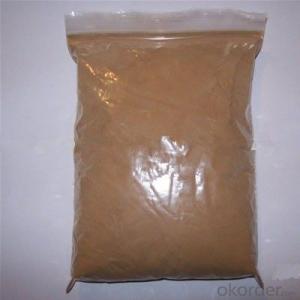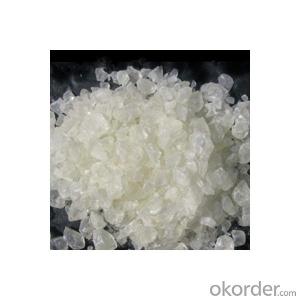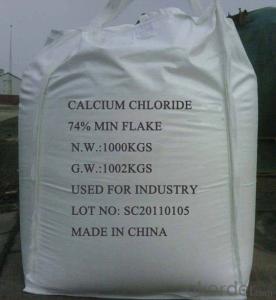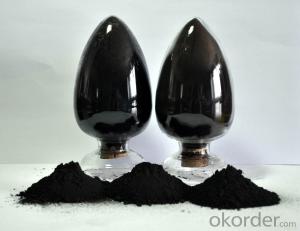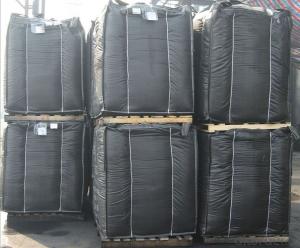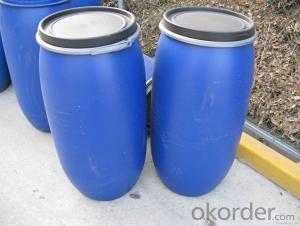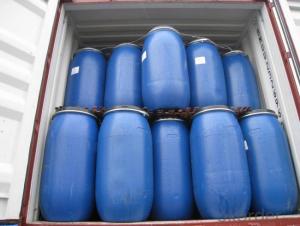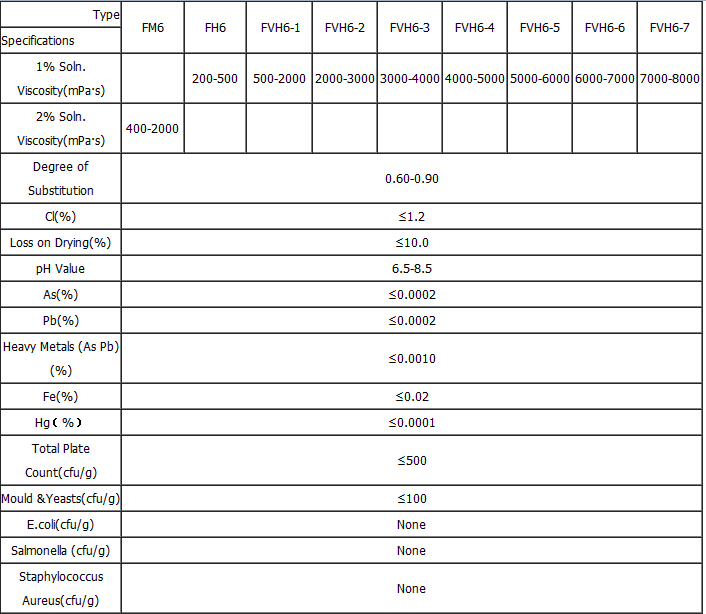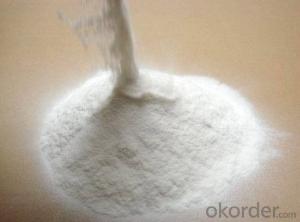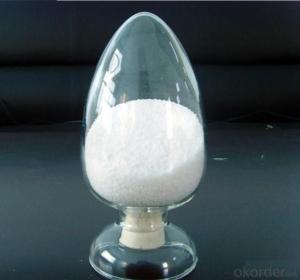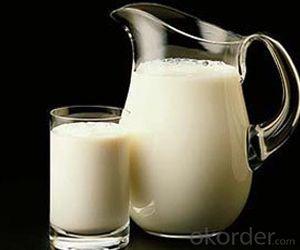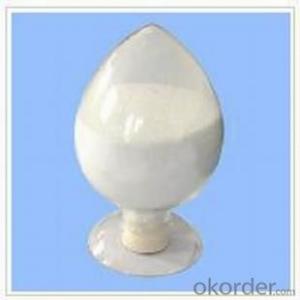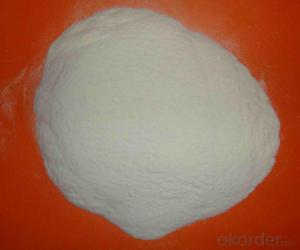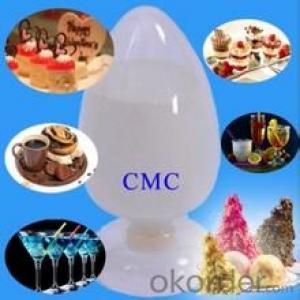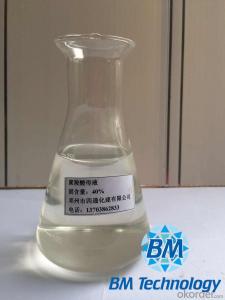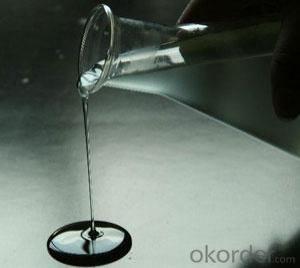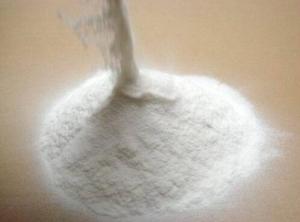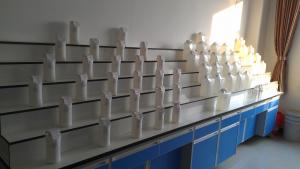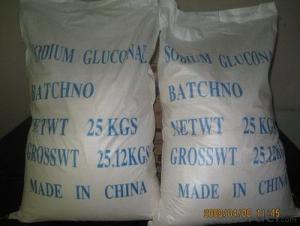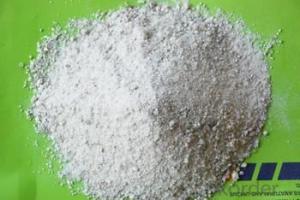Food Grade CMC Carboxymethyl Cellulose FVH6-4
- Loading Port:
- Shanghai
- Payment Terms:
- TT OR LC
- Min Order Qty:
- 20 m.t.
- Supply Capability:
- 8000 m.t./month
OKorder Service Pledge
Quality Product, Order Online Tracking, Timely Delivery
OKorder Financial Service
Credit Rating, Credit Services, Credit Purchasing
You Might Also Like
| Food Grade CMC Used as additive in food field, CMC has the functions of thickening, suspending, emulsifying, stabilizing, shaping, filming, bulking, anti-corrosion, retaining freshness, acid-resisting, health protecting, etc. It can replace the application of guar gum, gelatin, agar, sodium alginate, and pectin. It is widely used in modern food industry, such as frozen food, solid drink, fruit juice, jam, lactic acid drinks, condiment, biscuit, instant noodles, bakery products, meat products, etc. |
|
Technical Specifications of Food Grade CMC(1)
|
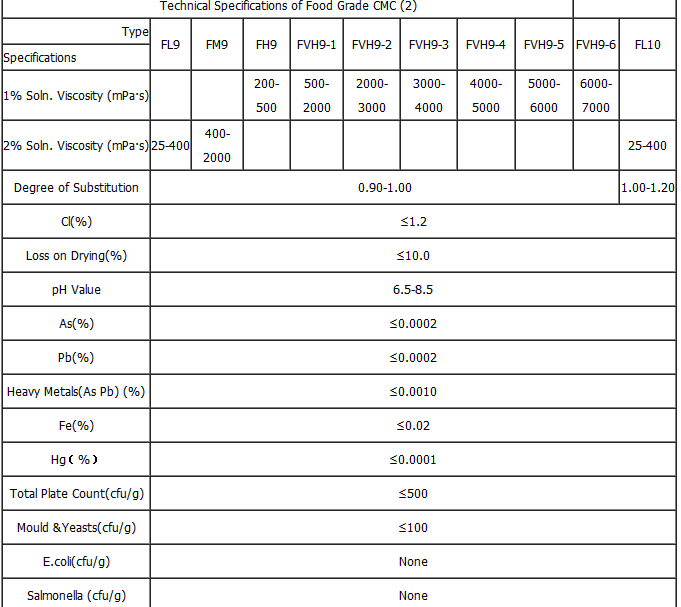 |
- Q: Where there are iron additives
- Additives include feed additives, food additives, concrete additives, oil additives and other chemical additives. Harbin Dongsheng Metal Materials Co., Ltd. is a joint-stock high-tech enterprise integrating scientific research, production and sales. The company was founded in 1995. The main products are auxiliary materials for aluminum alloy industry: aluminum alloy additive (iron additive, manganese Additives, chromium additives, copper additives, titanium additives, nickel additives), quick-melt silicon, various intermediate alloys and solvents (covering agent, refining agent, slag agent and No. 2 flux), etc.
- Q: of 0.645 M KCl and 600 mL of 0.355 M MgCl_2? please help!!! cant seem to figure this out. Thnaks
- First, we assume that both KCl and MgCl2 are fully dissolved in the solution (both are highly soluble in water which make it a very valid assumption. Second, we determine the number of moles of Cl- we can obtain from each solution: 0.235 L (0.645 mol/L) 0.152 mol 0.600 L (0.355 mol/L) 0.213 mol Total number of Cl- 0.365 mol Third, because the volumes are additive, the total volume would be 0.835 L. Now, we have all the pieces. Concentration will be 0.365 mol/0.835 L 0.437 M of [Cl-]
- Q: I was wondering if the Republic Tobacco company has any additives in it. If they do, are Top rolled cigarettes healthier than mainstream cigs like Camel or Marlboro?
- Read the manual. You might get one correct answer on here. The rest could get you killed, like the guy that recommends 15 PSI.
- Q: a whole lot of VST‘s advertise either being Additive or Subtractive synths, and I cant tell the difference.
- C'mon. You really don't know this? A keyboard is an instrument withA KEYBOARD. It could be a grand piano, a cheap little electronic thing, a big expensive keyboard that rock stars use on stage, it could be asynthesizer. If it has a keyboard, it'sA KEYBOARD. There are lots of keyboard instruments around that have thousands of different sounds and instruments on them with sequencers and percussion, etc. People call these keyboards. But they're also synthesizers because they synthesize their sounds. Is there a piano inside that little keyboard? No. It's a synthesized piano sound. A synthesizer is an electronic instrument that synthesizes sounds. The vast majority of synthesizers are keyboard instruments. There are guitar synthesizers, there are drum synthesizers, there are all sorts of synthesizers. But most synthesizers are keyboard instruments. So if someone says I play synthesizer, it probably means he/she plays a keyboard synthesizer. If someone says I play keyboard, it could mean piano, organ, synthesizer, etcany instrument with a keyboard. But these days, it probably means they play a keyboard synthesizer. There's also analog versus digital synthesis, but that's for another day. Just because you know how to play the sounds on your synthesizer doesn't mean you're a keyboard player. A keyboard player knows how to play real keyboard instruments like pianos and organs. So if your keyboard playing consists of triggering sounds on your synthesizer, you really can't claim to be a keyboard player.
- Q: Also, what water parameters (ph, nitrates) are necessary
- Engineers have continued to make it more and more difficult for the average joe to work on their vehicle. Some of this is from the EPA and emission controls, some from the safety features being added. Setting up a so called slider to make it easier to get to the engine will not help much in todays vehicles. You need to know what is wrong first, before you start just throwing parts at a vehicle. And yeah, the automotive service industry gains from more vehicles having to go to the dealership in order to get the work done.
- Q: What additives do I need to add in order to make a commercial wet pancake mix?I have hit a dead end in my search, and need some help.Thank you.
- This really depends on your dry mix. If the mix has dehydrated eggs and milk then you only need water and possibly oil. Really need more details to be more helpful. Peace.
- Q: What are good fuel additives for my car?
- You'd really just be wasting your money by using it, Most fuel (modern fuel) already has all that stuff in it to keep the injectors clean etc. But for the odd time, Maybe once a year or whatever to be safe, Ask the Seller, They would be able to reccoment the best one suited to your car and year.
- Q: I‘ve got a worn out Chevy Silverado which I use RESTORE oil additive in faithfully because it simply ‘works‘. I was curious if I could use more to help out the engine even that much more. I was thinking 2 bottles instead of just one. Which would replace 2 quarts of oil instead of just one. Would this work or will it have a negative effect more or less because of the lack of oil? Honestly I don‘t think I can hurt this engine because it‘s so worn out and all that it‘s been through too. Any input is appreciated. Thanks!
- Restore engine oil additive comes in pint cans only. Two pints not quarts of this thick molasses in the crankcase during the Winter would severely slow down the oil pumps ability of delivering a large volume of lubricant to all frictional surfaces. When the oil pump turns hard you loose horsepower. Why do you think RESTORE works? There's no detergent package in it or EP properties.
- Q: find out 3 food additivesfron labels of 3 different food and explain the purpose of each additives?
- I would go to the grocery store and find items that are meant to stay on the shelf a long time like twinkies or canned vegetables. Then research the additives online, it should not take you more than 1 hour to find all the information that you need.
- Q: I know that UV additives for topical wood treatments exist, but I would like to know it the formulas are specific to product formula and how to source this stuff in quantity. Any and all insights are welcome.
- an air intake does give you more horsepower, but don't put in two air intakes unless you go to open-track days or go offroading, or some other activity that is strenuous to your car.
Send your message to us
Food Grade CMC Carboxymethyl Cellulose FVH6-4
- Loading Port:
- Shanghai
- Payment Terms:
- TT OR LC
- Min Order Qty:
- 20 m.t.
- Supply Capability:
- 8000 m.t./month
OKorder Service Pledge
Quality Product, Order Online Tracking, Timely Delivery
OKorder Financial Service
Credit Rating, Credit Services, Credit Purchasing
Similar products
Hot products
Hot Searches
Related keywords
